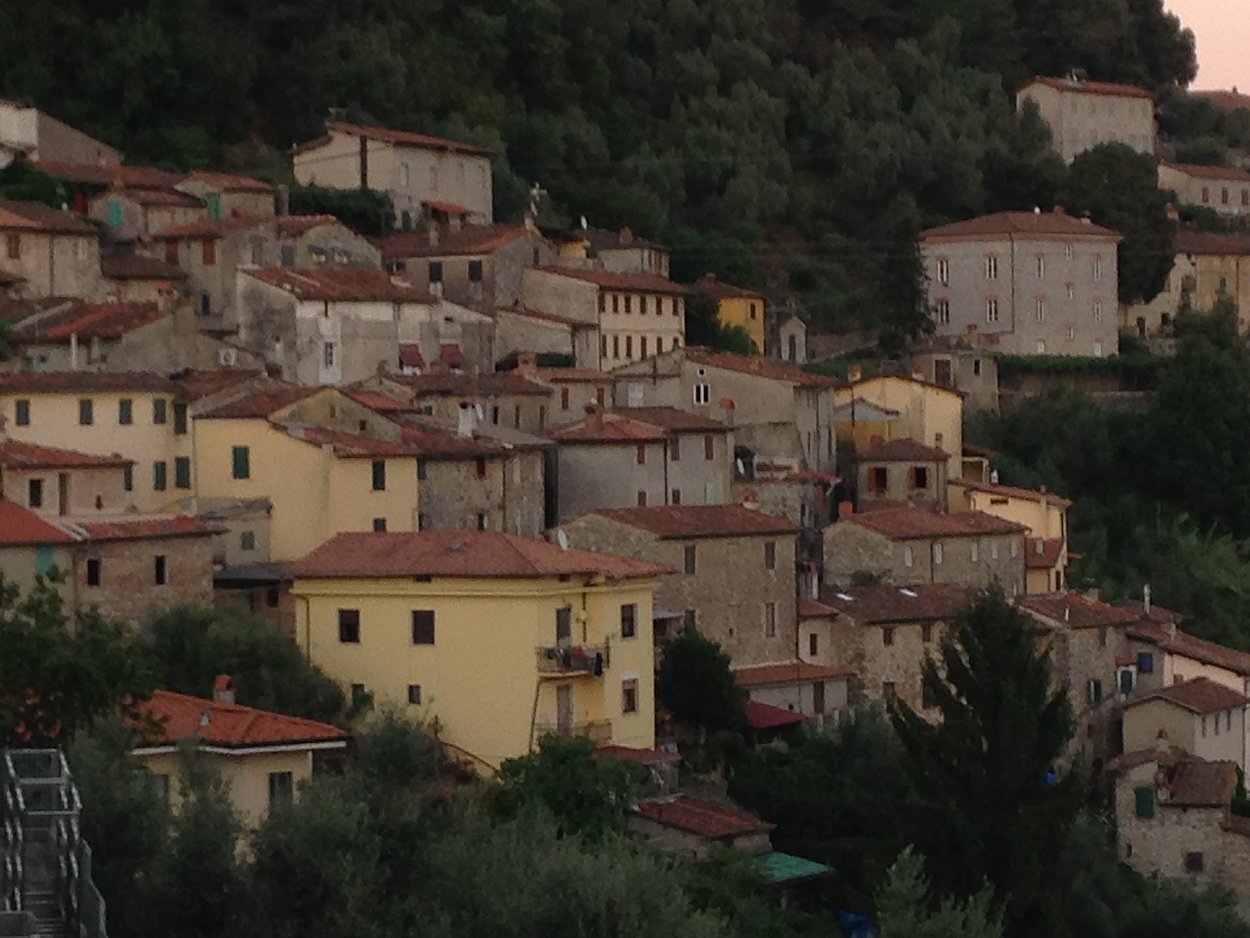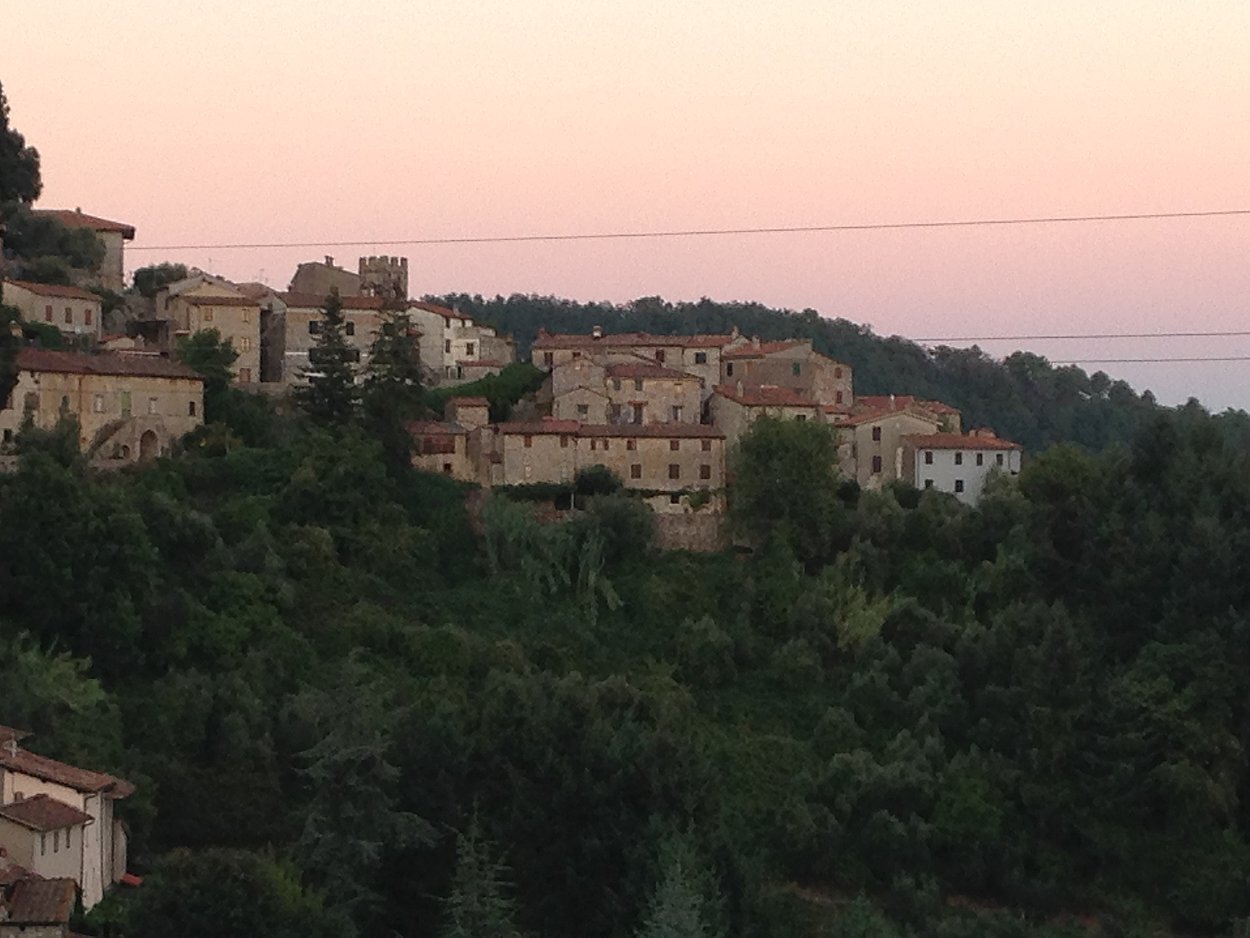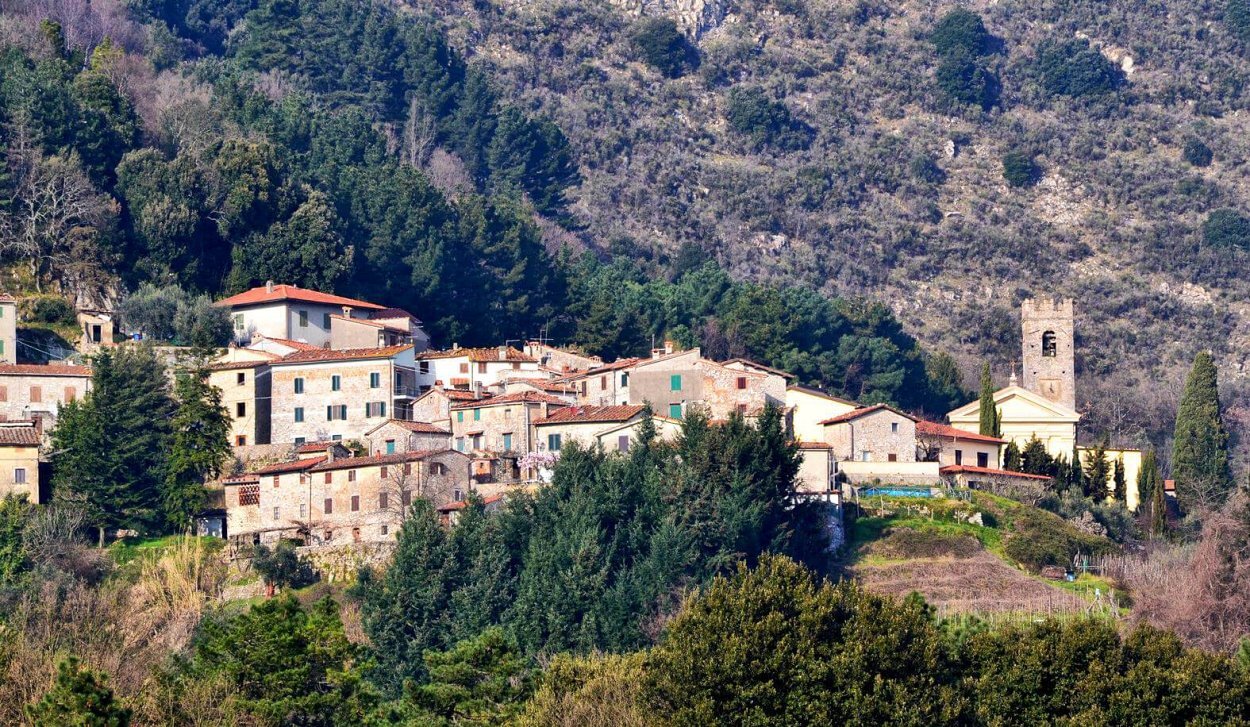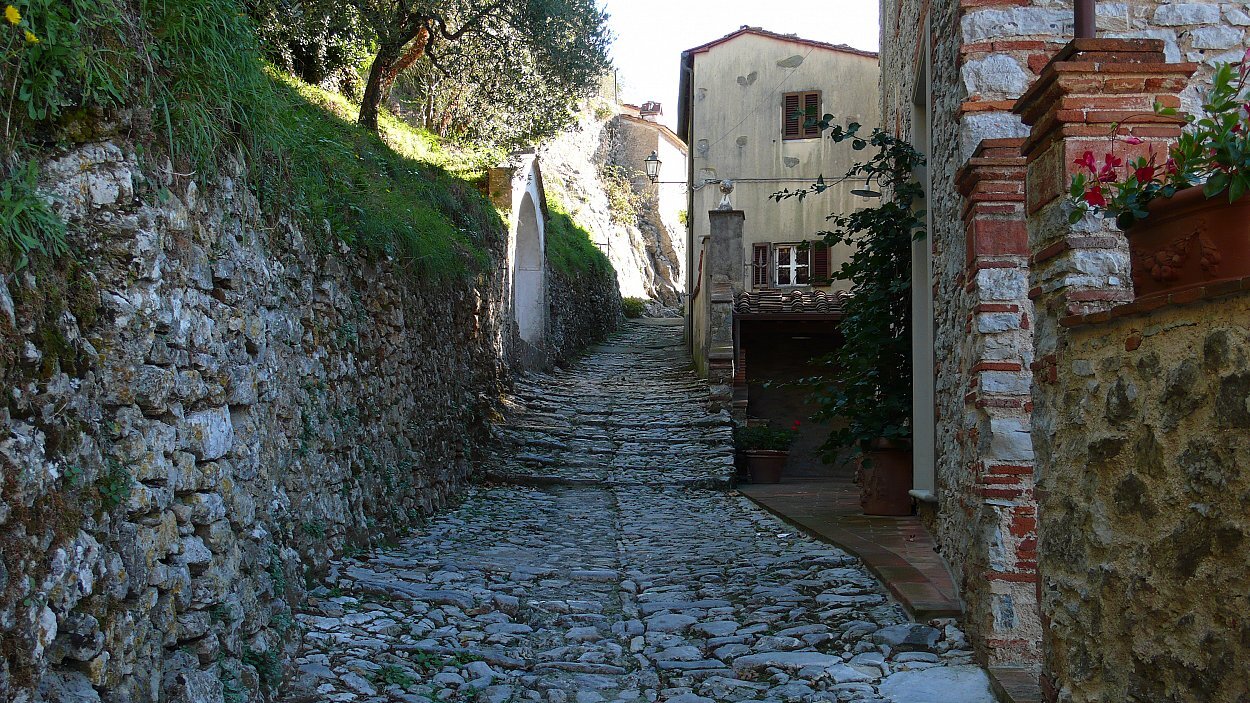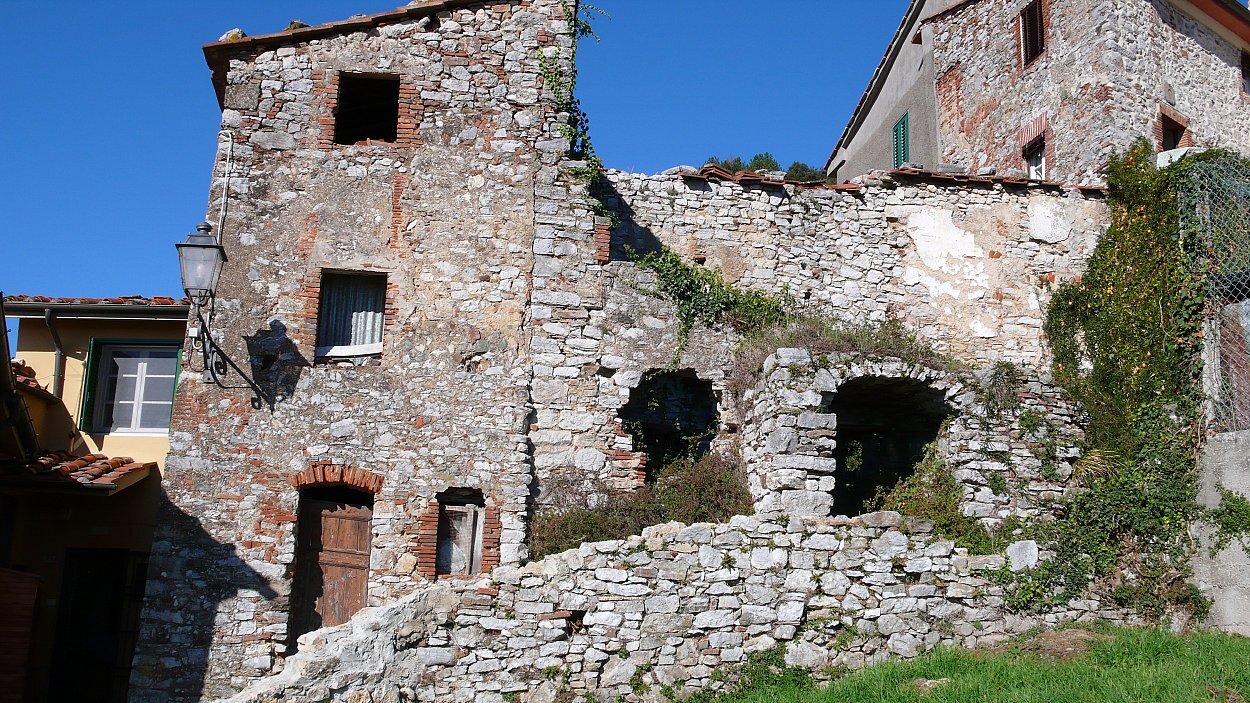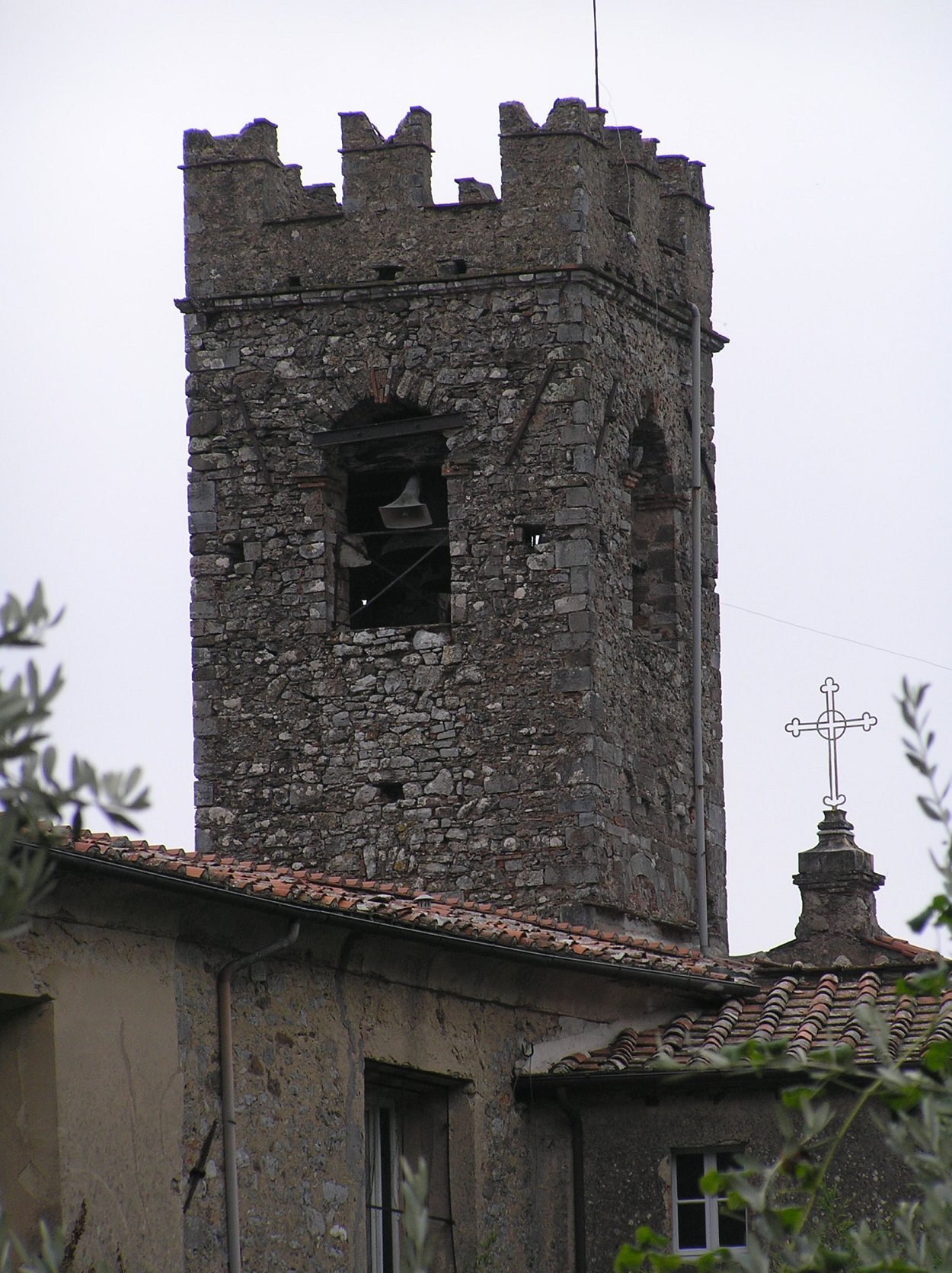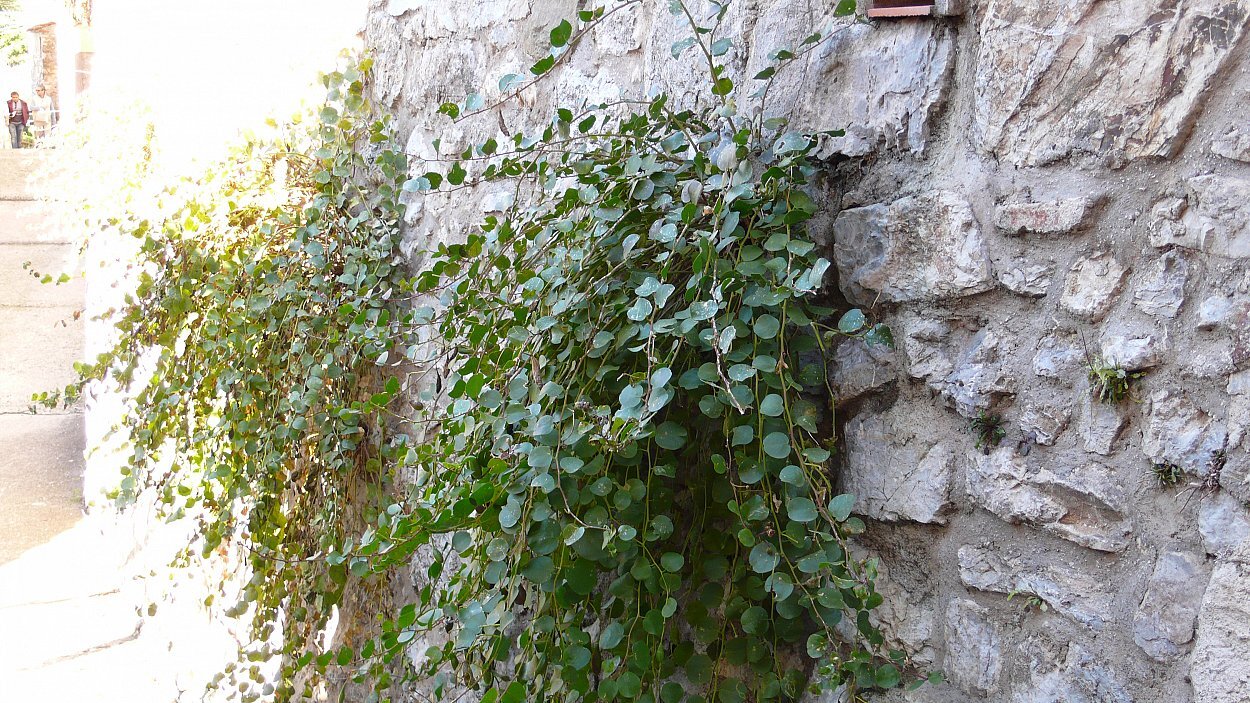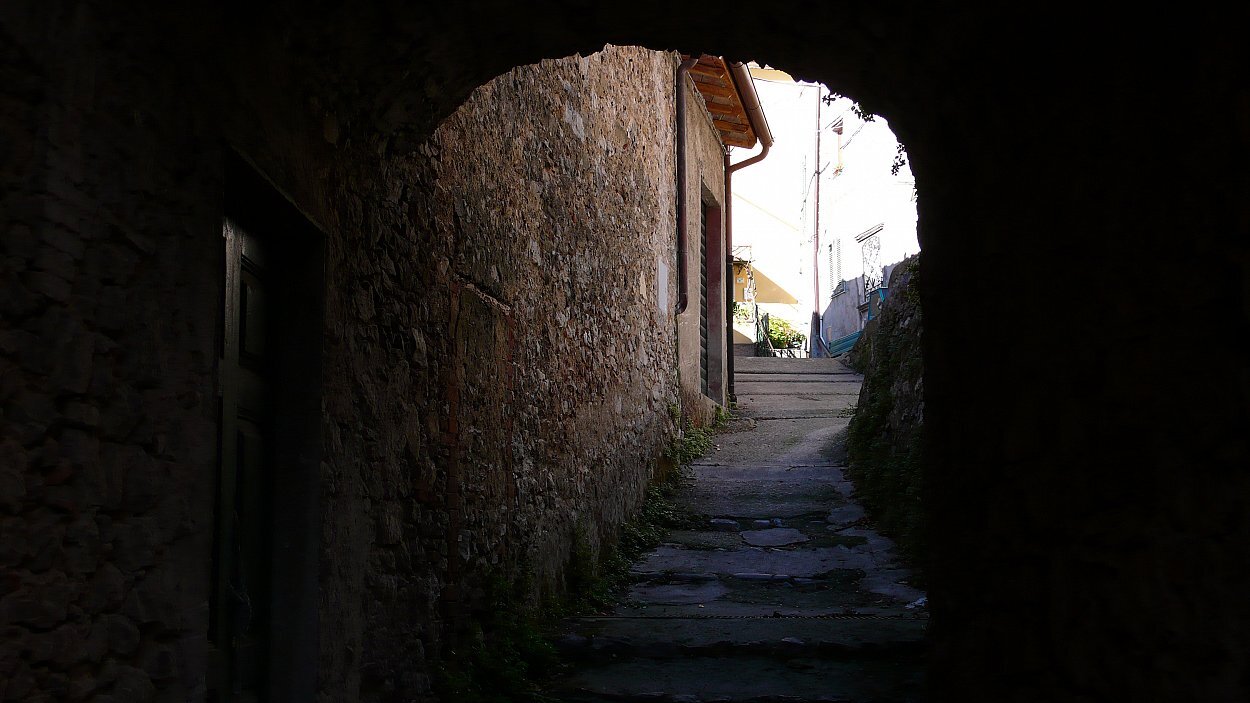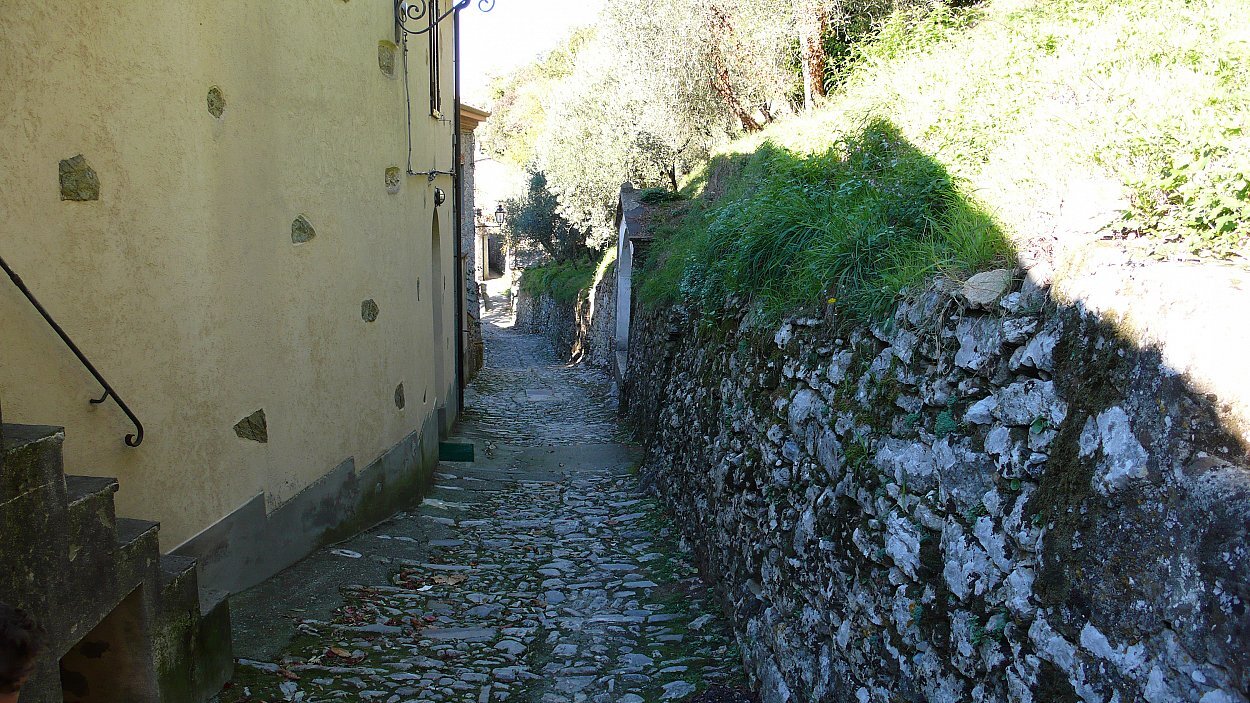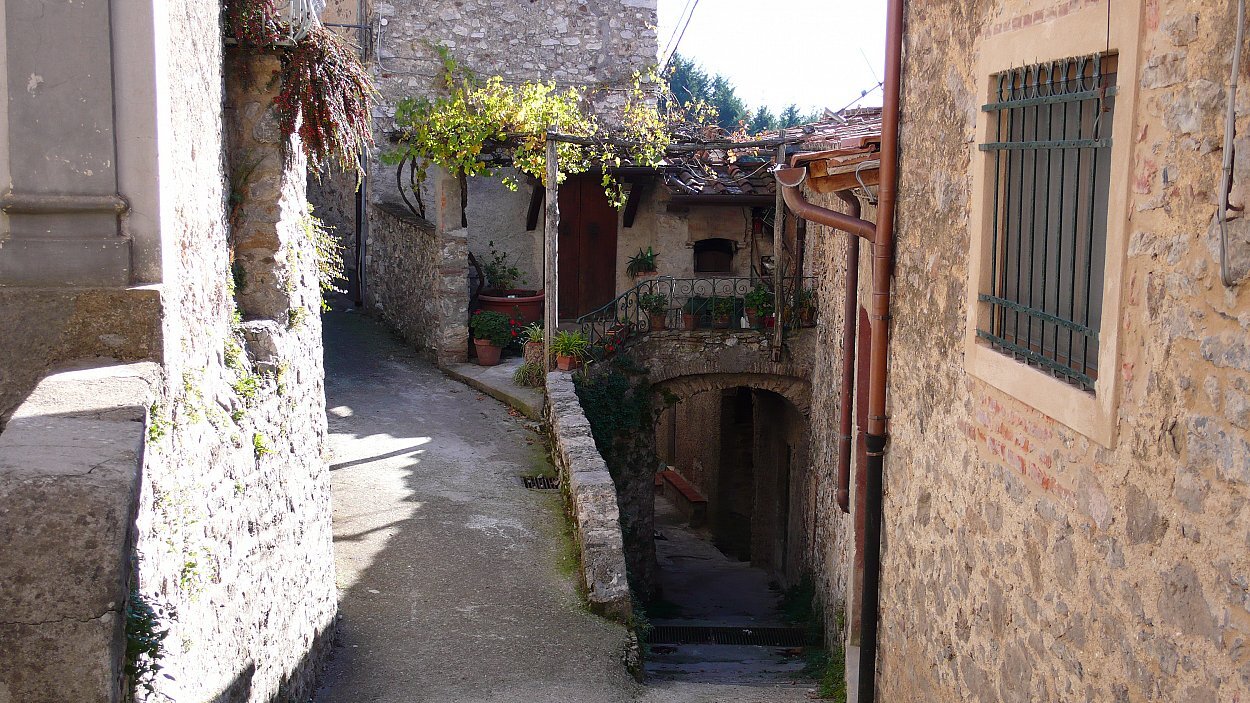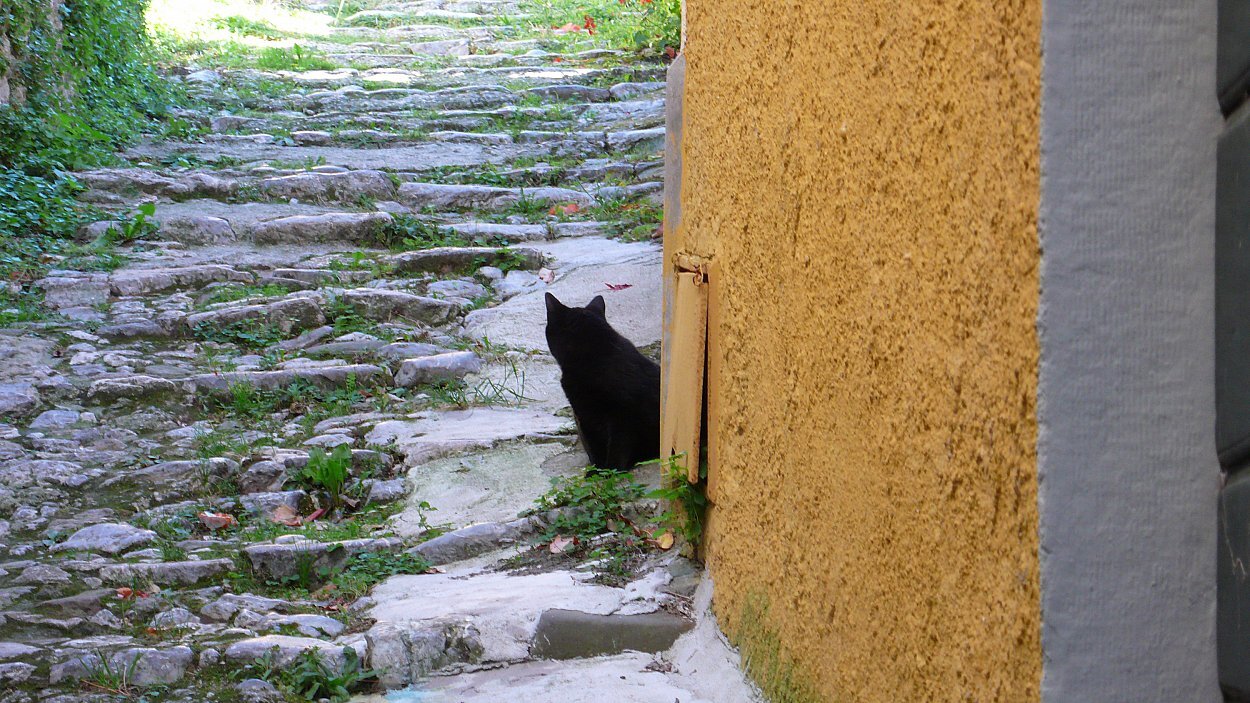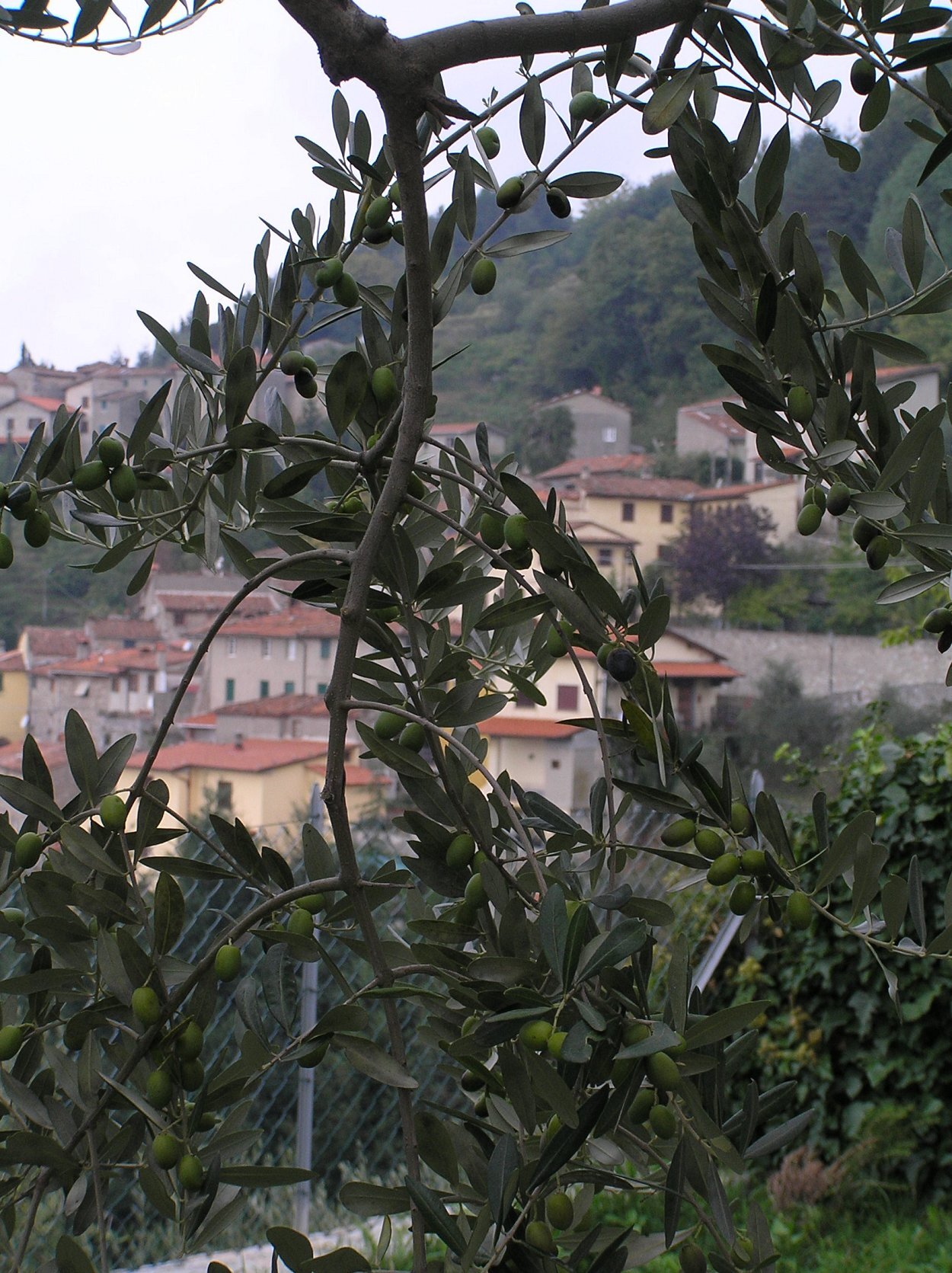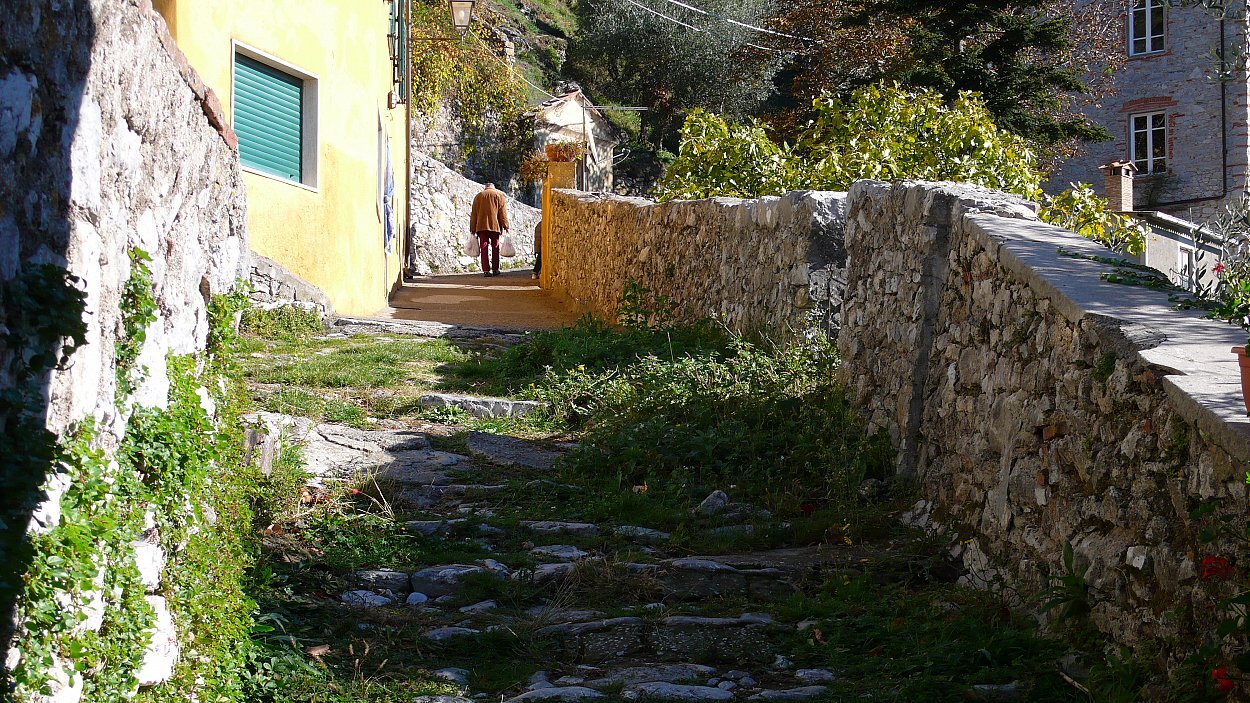The village
The village Gombitelli
Il Borgo d'Angè
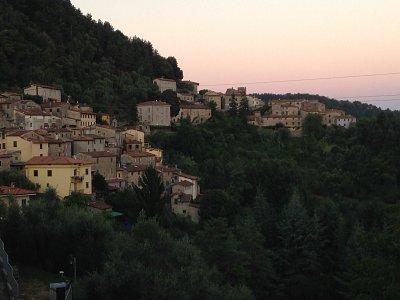
Gombitelli is a small village in the municipality of Camaiore in the province of Lucca, which currently has less than 100 inhabitants. It stands on a ridge of Mount Calvary (500 metres above sea level and 12 km from the sea, as the crow flies) and is one of the last foothills of the Apuan Alps to the east.
The two characteristics that have made Gombitelli a special place have been the language and the iron working industry. Until the thirties, in fact, the inhabitants of Gombitelli spoke a language known only to them and virtually incomprehensible to the ears of outsiders.
The origin of this language probably dates back to around 1450 when, following the very high death toll caused by the plague, Paolo Guinigi, Lord of Lucca, encouraged immigration in the Republic to facilitate repopulation.
Following this decision taken by Guinigi, Gombitelli was the place chosen by a group of armed men from Lombardy who, having been expelled from Florence, they found refuge in Lucca.
Gombitelli is famous as a linguistic island and its dialect, now almost completely abandoned, contained words from Gallo-Romance languages and from the regions of Lombardy, Piedmont and Emilia.
In the sixteenth century, some German blacksmiths followed the Emperor Charles V and decided to stop in the town on the hills of Camaiore, where they set up the manufacture of iron and produced nails called “gavorchi” (meaning ugly and unshapely in the Lucchese dialect), which were not well finished as they were used for carpentry.
Another tradition, still very much alive in the village today, is the processing of pork, particularly the production of cold and cured meats of different kinds. This tradition has been handed down from father to son and offers high quality artisan products made with selected raw materials of high quality.

